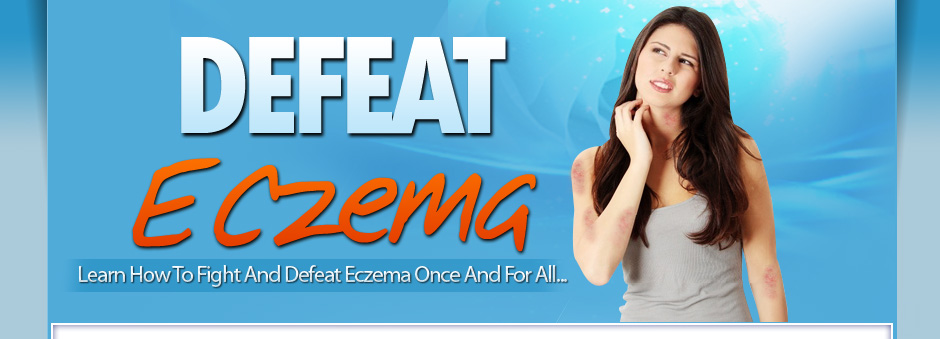If
your child was recently diagnosed with eczema, also commonly known as atopic
dermatitis, you have a long road ahead.
Although eczema is easily treated at home, there are many hard issues
that you, as a parent, will face.
Nighttime
Itching
You
might assume that nighttime itching is the same as daytime itching for children
with eczema, but it can be very different, especially in small children. Although they do not fully understand the
complications that can arise from constant scratching, children are aware of
their actions during the day. On the
other hand, many small children continue to scratch in the middle of the night,
without even being aware of their actions. This type of eczema is difficult to
treat, as you cannot spend every night grabbing your child’s arm before they itch.
To
combat the nighttime itching that is common among children with eczema, look
for doable alternatives. If dust is a
trigger factor, keep your child’s room clean and dust-free. If sweat is a trigger factor, dress them in
light clothes and keep their room a cool temperature. If you don’t know the cause, try to keep areas
susceptible to itching, such as the arms and legs, covered.
Pain
An
eczema outbreak starts out relatively pain free. It typically begins with a simple itch that
can’t stop. Soon, your child may find
themselves literally digging at their skin.
They mistakenly believe this will make the itch go away, but it doesn’t
and it only gets worse. Severe rashes
and the open wounds caused by constant scratching can lead to pain and
discomfort. No parent wants to see their
child in pain. That is why you must stop it at the source. Work with your child and his or her doctor to
determine your child’s trigger factors.
These are what cause the uncontrollable urge to itch. In the meantime, keep your child’s skin well
moisturized.
Concern
from Other Parents
Although
eczema and atopic dermatitis are common among small children, you are likely to
get many stares on the playground. This
is most common if your child’s eczema rashes can be seen by other parents. Although you should keep your child’s open
wounds covered to prevent infection, don’t just cover them to please others.
“Is
eczema contagious?” That is a common
question that many parents may ask. Unfortunately,
some parents don’t even ask, they may automatically assume it is. You and your child owe no one an explication,
as eczema is nothing but an inflammation of the skin. However, you may want to spread the
word. As heartbreaking as it is to see
other parents and kids point out your child’s eczema rash, it is a normal
reaction that most don’t know how to avoid.
These
are just a few of the issues you may face as the parent of a child with eczema. Since your child is young and does not fully
understand their skin condition, you must work with them to seek relief.
If
your child has eczema, finding a cure is a challenging, but necessary
task. Luckily, research shows that
all-natural treatment systems, such as Eczema Free Forever work. Visit EczemaFreeForever to learn more.

+ad3.jpg)
No comments:
Post a Comment